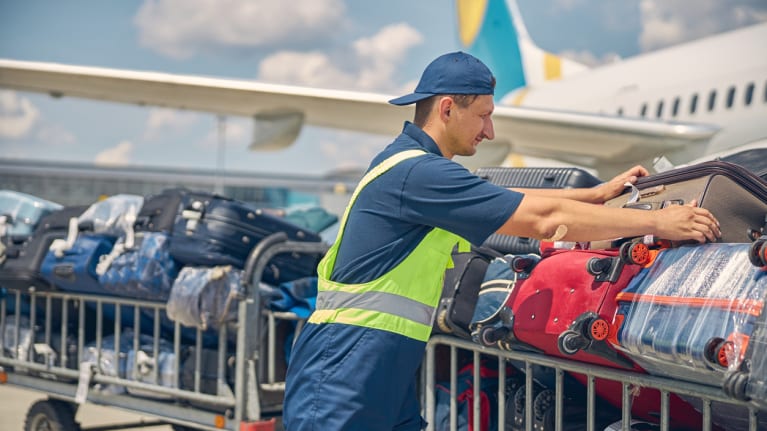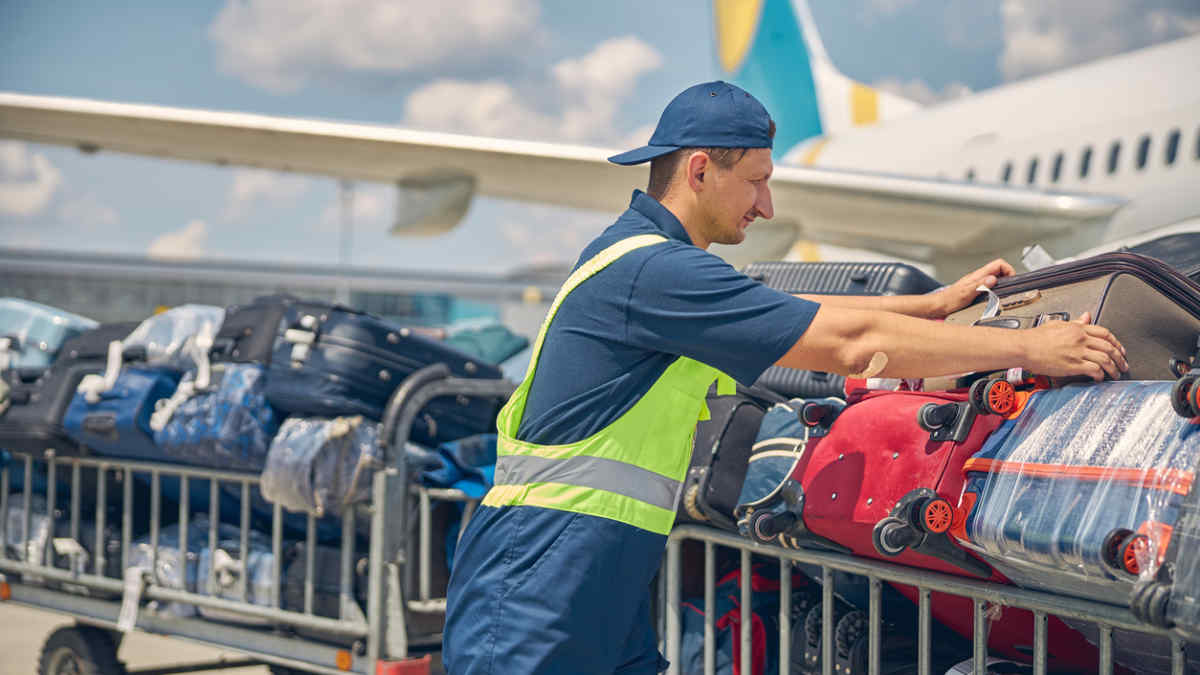

?The U.S. Supreme Court recently unanimously ruled that a baggage-handling supervisor who participated in loading and unloading cargo on and off planes transporting goods across state or international borders did not have to arbitrate her wage claims under the Federal Arbitration Act (FAA). The win for the employee may be a narrow one, however, and have limited application to other jobs, legal experts say.
Applying the transportation worker exemption of Section 1 of the FAA to the plaintiff, the Supreme Court found that the employee is a member of a class of workers engaged in foreign or interstate commerce exempt from the arbitration requirement in her employment contract. Section 1 exempts from the statute’s coverage “contracts of employment of seamen, railroad employees, or any other class of workers engaged in foreign or interstate commerce.’
“The court did not find—but rather specifically rejected the employee’s argument—that the exemption broadly applied to all airline employees who carry out the customary work of the airline, which the court noted would include virtually all employees of major transportation providers,” said Marc Zimmerman, an attorney with Freeborn & Peters in New York City.
“The court also did not expand the exemption to other industries or other classes of workers, specifically limiting its decision to the facts of the case and declining to decide whether the FAA exemption applied to workers who carry out duties further removed from the channels of interstate commerce or the actual crossing of borders,” he added.
In addition, the court did not determine that mandatory arbitration agreements in employment contracts are unenforceable under applicable state law, regardless of the application of the Section 1 exemption to the FAA, Zimmerman noted.
“Southwest itself downplayed the practical impact of the court’s decision and confirmed publicly it will continue to rely on mandatory arbitration agreements for its nonunion personnel who perform functions distinct from those at issue in this case, noting the bulk of its nonunion employees rarely handle cargo on a regular basis,” he said.
Uncertain Impact on Delivery Drivers
“The court flat out declined to decide whether delivery drivers—specifically referencing cases involving Amazon and Grubhub—are within the exemption,” Zimmerman noted.
While this opening will enable lower courts to continue to field challenges to the FAA’s application to particular classes of drivers, the court provided a roadmap that a determination must be based on a finding that a class of workers is directly involved in transporting goods across state or international borders, he explained.
The court suggested that such a finding would not be as plain as it is for airline cargo loaders when the class of workers has duties further removed from the channels of interstate commerce or the actual crossing of borders.
“Employers should be prepared to argue specifically that work performed by such drivers is, at best, tangential to interstate commerce because they do not regularly, directly involve transportation across state or international borders,” Zimmerman said. “Based upon this fact-specific inquiry, even in cases where the duties of certain such drivers may arguably trigger the exemption, it will be a challenge for employee advocates to identify a broad class of such drivers.”
Narrow Application of Decision
“Despite the court’s finding that airline cargo loaders no longer are bound to arbitrate disputes, the decision has narrow application and employers still may rely on the FAA—and applicable state laws—to enforce mandatory arbitration agreements with the vast majority of their workers,” Zimmerman noted. “Not only did the court refuse to open the door to broadening of the Section 1 exemption for a wide range of transportation industry workers, it may actually have nudged that door closed by highlighting the limitations of the exemption,” he added.
“Since the Supreme Court’s ruling was so narrow, airlines are still able to argue that airline employees with other types of job duties, such as supervisors who oversee the loading and unloading cargo on airplanes but do not physically handle the cargo themselves, workers who check in baggage curbside or at ticket counters, and employees who issue passenger tickets and check those tickets at the boarding gate, are not exempt from coverage under the FAA,” said Richard Silberberg, an attorney with Dorsey & Whitney in New York City. Arbitration agreements in these workers’ employment agreements would remain enforceable, he said.
The court explicitly refused to expand the federal exemption beyond airline workers performing particular duties in the transportation industry, Zimmerman emphasized. “This signals good news for employees in other industries.”
Theane Evangelis, an attorney with Gibson Dunn in Los Angeles, nonetheless noted that, “HR professionals should be attuned to the fact that the Section 1 exemption is not necessarily limited to workers who themselves physically carry goods or passengers across state lines.”
That said, she added that the court’s ruling, “confirms that the Section 1 exemption is narrow and covers only those workers who play a direct and necessary role in the free flow of goods across state and national borders.”
This decision is Southwest Airlines Co. v. Saxon.
